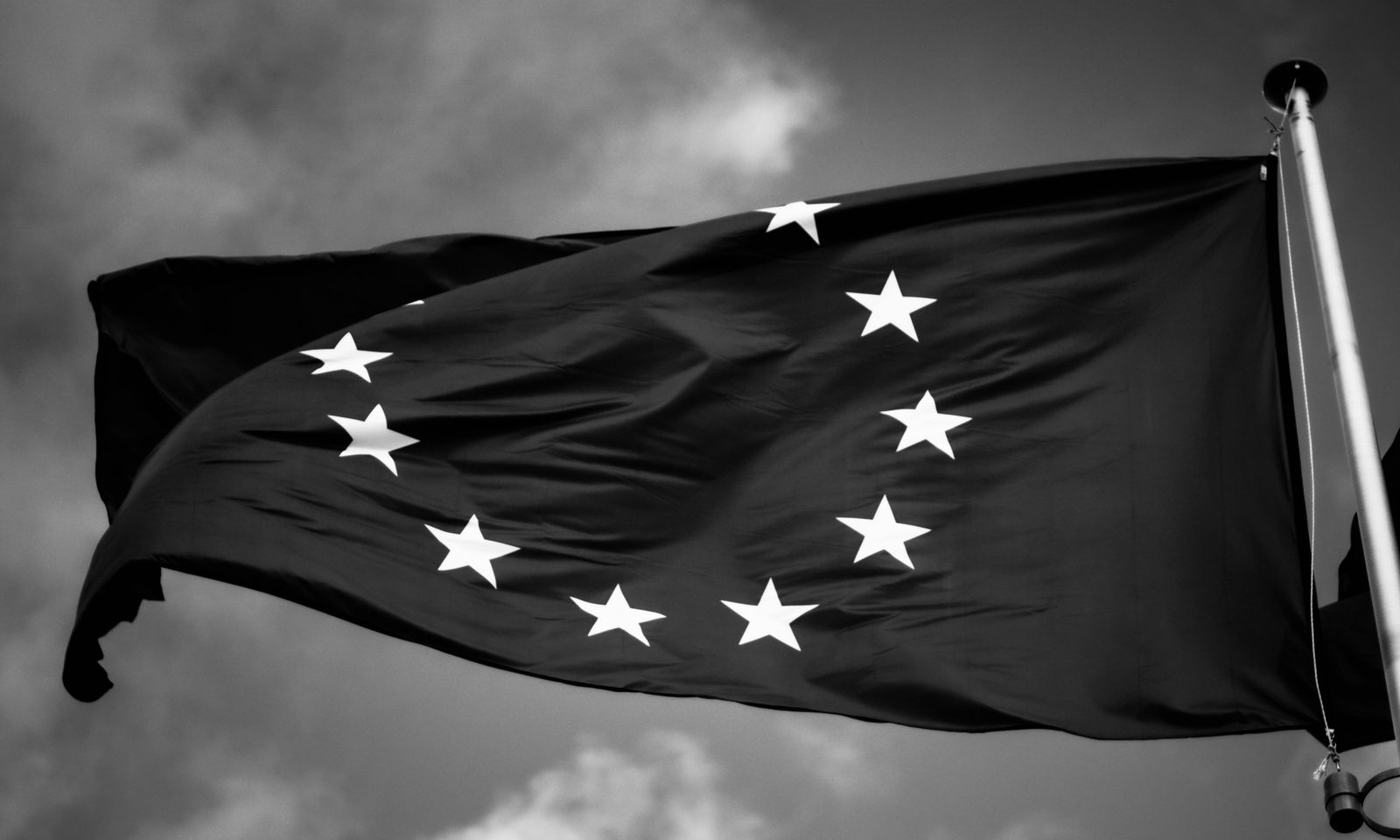How is Slovenia prepared for its EU Council Presidency?
In the second half of 2021, Slovenia will preside over the EU Council for the second time. This means that Slovenia will face tasks such as coordinating the EU Council, providing EU legislative guidance, and forming common positions of EU Council for discussions with the European Parliament and the European Commission. For this purpose, Slovenian, German and Portugese presidencies issued the 2021 Programme of the Council. Slovenia has evidently been preparing for its EU Council presidency, but what effect, if any, will this have on copyright regulation in the field of education?
In light of Slovenia’s EU Council presidency, prof. dr. Simona Kustec, Slovenian Minister for Education, Science and Sport already held several meetings in January 2021.
On 19 January, prof. dr. Kustec met with European Commissioner for innovation, research, culture, education and youth, Mariya Gabriel. They identified digital transformation, artificial intelligence, and a new vision for education as EU Council’s priorities and main goals in 2021.
A day later, on 20 January, Slovenian Minister met with Cristian – Silviu Bușoi, the president of the European Parliament’s Committee for industry, research and energy (ITRE). They discussed the field of science and research, the EU research reform, EU partnerships and international cooperation.
On 22 January, she participated in an informal meeting of ministers for education, organised under the auspices of Portugese presidency. Discussion revolved mainly around the contribution of education to this year’s Social Summit to be held in May in Porto, and around strengthening of the educational system.
Finally, prof. dr. Kustec met the president of Committee for culture and education Sabina Verhayen on 25 January, presented the importance of synergy between education and science, and pointed to the broader discussion about online and remote learning, which Slovenia is planning together with European Commission during the upcoming presidency.
It certainly seems that on paper, Slovenia is aware of the importance of an appropriate education regulation, especially in the times of pandemic, when educational institutions are forced to rely on remote teaching. It is, therefore, all the more surprising to see the lack of activity in the field of EU copyright reform and in the implementation process of the EU Directive on copyright and related rights in the digital single market, which contains the new digital education exception. As of today, Slovenian legislator has not yet published any DSM Directive implementation draft, and its words about the appropriate education regulation so far remain exactly that – just words.
The Grand Board of the European Union Intellectual Property Office (EUIPO) finally ruled that the figurative sign ‘COVIDIOT’ cannot be registered as an EU trademark.
The 4th Open Knowledge Day took place on Tuesday 17 October 2023, with an accompanying workshop on 18 October 2023. This year it was organised by the Open Data and Intellectual Property Institute (ODIPI) and supported by Knowledge Rights 21 (KR21).
We invite you to the fourth Open Knowledge Day and the workshop, which will take place this year within the framework of the programme and with the support of Knowledge Rights 21. The event will bring together experts from different European countries to discuss two topics: the first part will deal with the legal basis for data analytics, which is a key part of machine learning and related artificial intelligence, and the general exception for research. In the second part, open science in theory and practice will be presented both in Slovenia and in some Western Balkan countries. Representatives of research and educational institutions from Slovenia and the Western Balkan countries, as well as interested members of the public, are invited to attend.
Dr. Maja Bogataj Jančič, a renowned expert in copyright law, has joined the Berkman Klein Center for Internet & Society at Harvard University, where she will serve as an affiliate researcher for the next two years.





